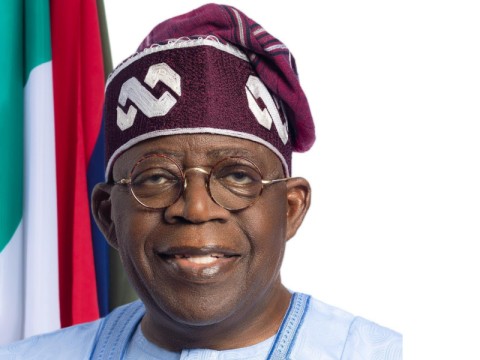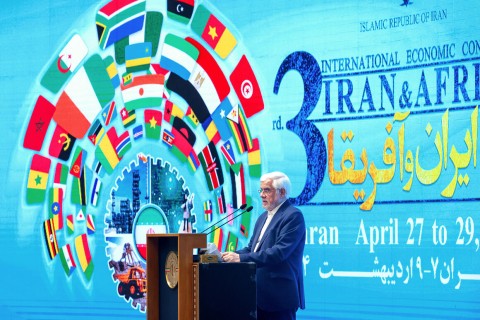Uganda’s government suspended plans for a debut sale of Eurobonds to fund infrastructure projects because the stronger U.S. dollar has made it more expensive to borrow, the Finance Ministry said.
“We were planning to issue a Eurobond when the world market was favorable,” Keith Muhakanizi, the ministry’s permanent secretary, said Tuesday in an interview in the capital, Kampala. “Now, with the strengthening of the dollar, it will be costly.”
Uganda’s government said in September it was considering selling about $1 billion of Eurobonds, joining regional neighbors Rwanda and Kenya, which have already raised cash from global markets. The Ugandan shilling has weakened 19 percent against the dollar so far this year and traded at a record low of 3,355 per dollar on June 19.
The East African nation will continue monitoring global trends and will only sell Eurobonds when conditions are more “favorable,” Muhakanizi said. The country is in the meantime reconsidering its borrowing plans, Patrick Ocailap, the deputy secretary to the Treasury, said during the same interview.
Uganda is a beneficiary of concessional loans from multilateral agencies including the World Bank and non-concessional borrowing from lenders including the Export-Import Bank of China and the Japanese International Cooperation Agency.
Hydropower Projects
The country is funding the construction of the 600-megawatt Karuma and the 183-megawatt Isimba hydropower projects along the Nile River as well as road and rail projects.
China’s Sinohydro Corp. and China International Water and Electric Corp. are building the plants, while China Harbour Engineering Co. was awarded a contract to build a standard-gauge railway, construction of which is scheduled to begin in March.
Uganda is Africa’s biggest coffee exporter and is on the cusp of becoming an oil producer. London-based Tullow Oil Plc, China National Offshore Oil Corp. and France’s Total SA are jointly developing the nation’s crude finds estimated at 6.5 billion barrels of oil resources.
Source: Bloomberg












